Annotation
Healthy skin is always saturated with moisture, which is considered the basis for all metabolic processes in the epidermis and dermis. Lack of moisture disrupts the basic functions of the skin, including the protective one - the skin begins to itch, peel, and generally becomes more sensitive to aggressive factors.
Moisture can leave the skin for various reasons. Dehydration of the skin is common to all skin types - from true dry type to oily. There can be many reasons for dryness, but what is more important is that you can easily deal with them all and return your skin to a healthy appearance.
What can cause dry skin?
Skin moisture loss occurs primarily due to violations in its protective barrier. The lipid barrier not only protects the skin from bacteria and excess dirt, but also retains moisture inside it, maintaining the water balance of the organ. A damaged lipid barrier is manifested by dryness, allergic reactions, and rapid loss of skin elasticity. This also becomes noticeable along with the first signs of aging - dehydrated skin does not maintain its tone, which is why wrinkles appear and become stronger faster.

The causes of dry skin can be both external and internal. Among the external reasons:
- weather and climate - active solar radiation, strong wind, severe frost, dry air;
- incorrectly selected skin care - for example, choosing too aggressive formulations or their frequent use.
From the internal causes, we will highlight both existing skin diseases and factors predisposing to their occurrence. Among them are an abundance of fatty and fried foods in the diet, frequent consumption of coffee and alcohol, sweets, as well as abuse of strict diets. All this affects the activity of the sebaceous glands, which is why their activity ceases to be stable. If you add to this the insufficient amount of water you drink per day, you get a situation in which the skin does not receive moisture from the inside, and due to excess sebum production, it does not receive it from the outside either.
Vitamin deficiency is another common cause of excessive dry skin. Diseases that may cause severe dryness include dermatitis, psoriasis, and endocrine diseases.
And finally, another reason why your skin may feel too dry is the aging process. Over time skin metabolism and its renewal slow down, the production of hyaluronic acid and sebum is weakened. Hence - peeling, roughness to the touch, as well as the rapid appearance of wrinkles against the background of loss of skin elasticity.
Manifestations of dry skin
Dry skin is quite easy to recognize - most often it manifests itself as a feeling of tightness and dryness, and roughness of the skin. Sometimes rashes, redness, or even peeling are added to dehydration, especially against the background of insufficient sebum production.

At a younger age, it is more difficult to notice dryness - all metabolic processes in the skin are compensated, and water balance is easier to maintain. In addition, drier skin in adolescence looks almost like normal type - without large pores, with a delicate texture and without excessive breakouts. With age, this situation changes, and care needs to be changed.
Prevention of dryness
The first manifestations of dryness are already a reason to reconsider your care and eating habits. The best solution, of course, remains prevention.
To prevent skin dehydration, it is recommended to drink more water, monitor the humidity in the room (it should not be too dry), and more carefully evaluate the nutritional value of the diet. These simple steps are enough to rarely or never experience dry skin.

If you still feel tightness and dryness, it is recommended to add moisturizing and firming products to your beauty routine: with hyaluronic acid, peptides or ceramides.
Dry skin is never a death sentence. If you have not previously observed problems with dryness, against the background of their sudden appearance, it is best to consult a dermatologist and find products for special care for skin with such problems.



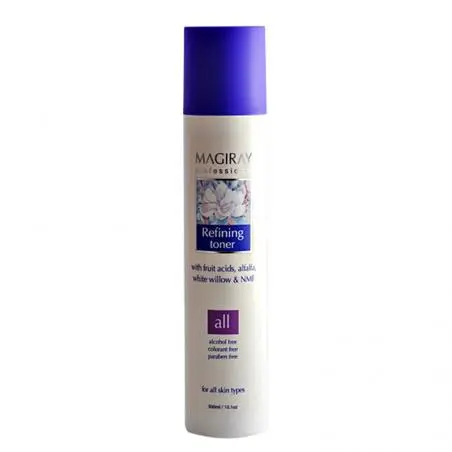
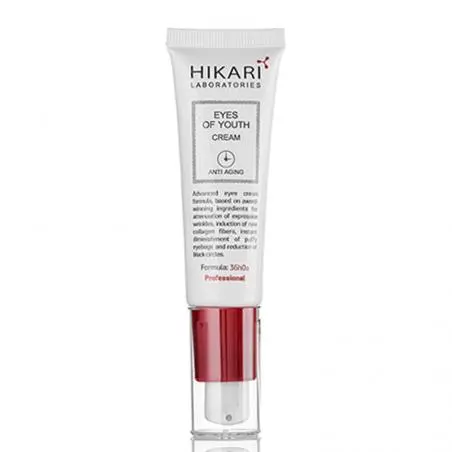
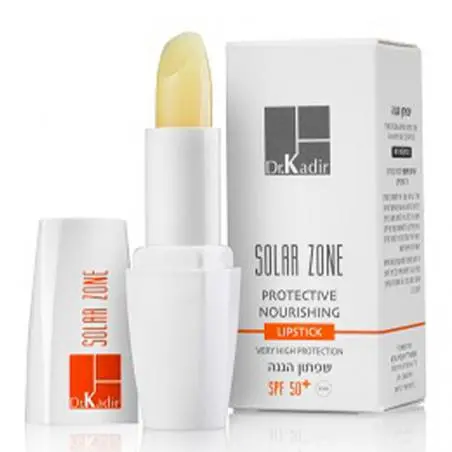
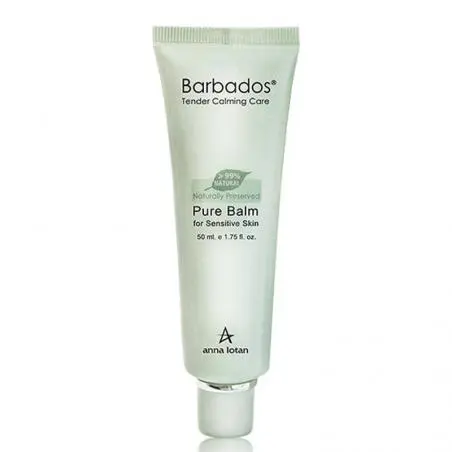
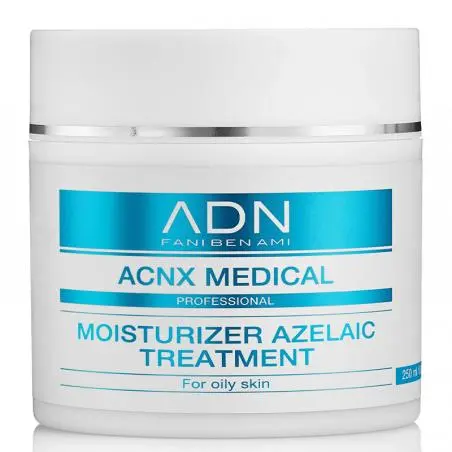

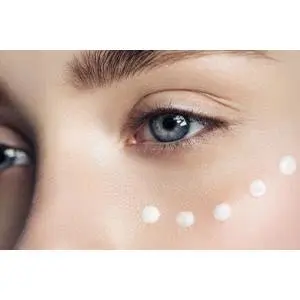


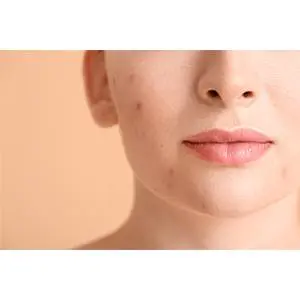


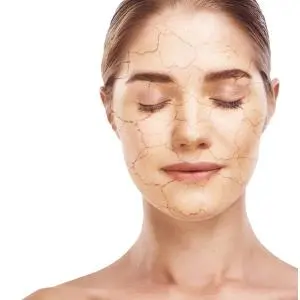

Comments
Leave your comment